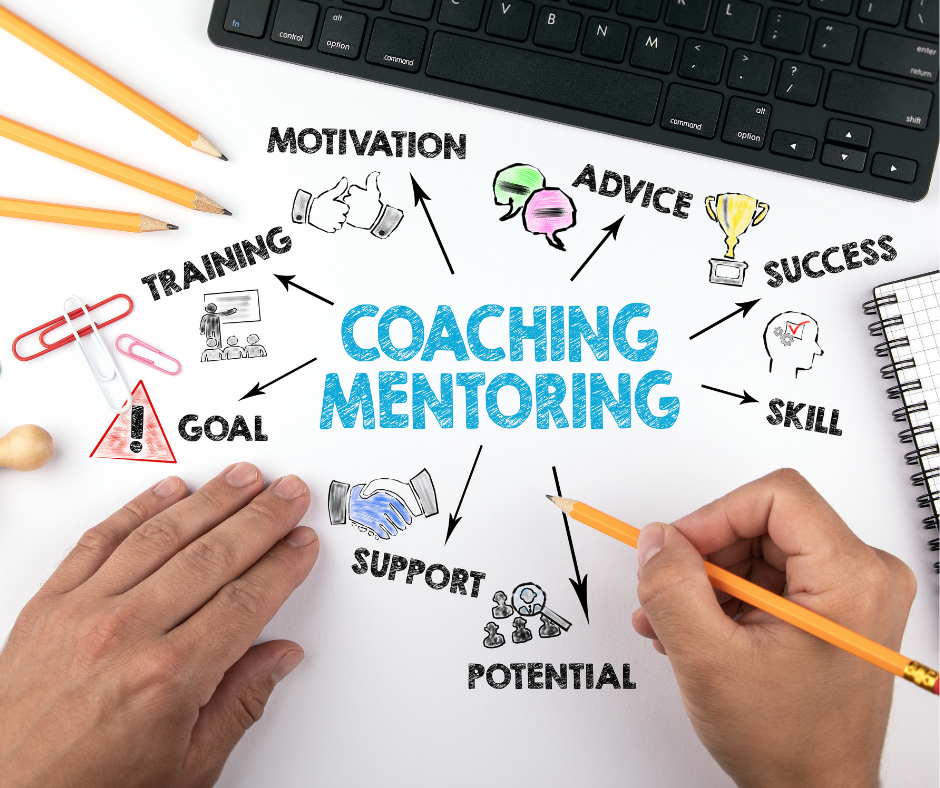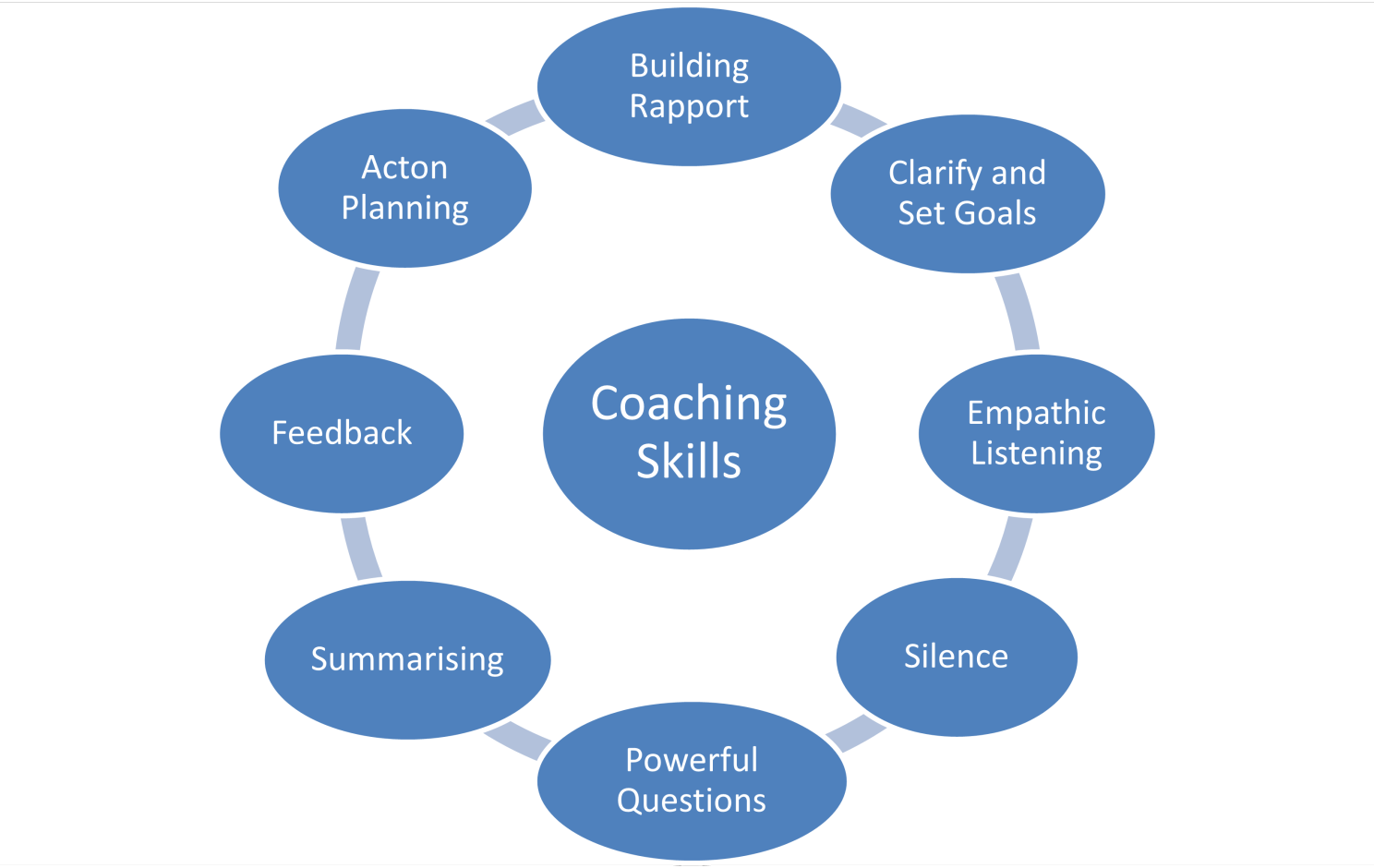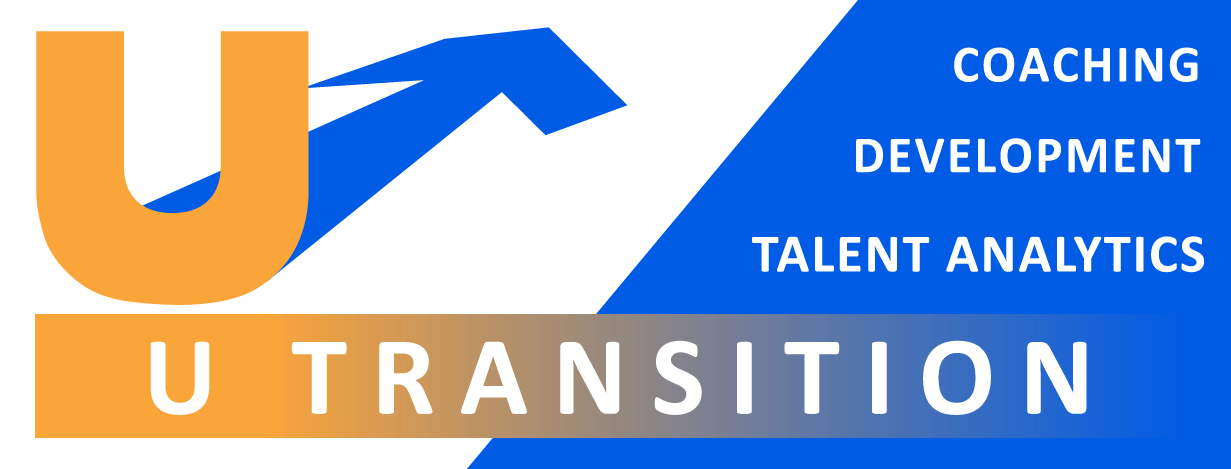
 A Definition of Coaching
A Definition of Coaching
– the INTERNATIONAL COACHING FEDERATION (ICF) – defines coaching as
“Partnering with clients in a thought-provoking and creative process that inspires them to maximize their personal and professional potential. The process of coaching often unlocks previously untapped sources of imagination, productivity and leadership.”
In the work context coaching is often used
- As a developmental approach to working and interacting with other people
- To produce optimal performance and continuous improvement
- To focus on clarifying goals, improving work related skills, mindsets and behaviours
- To create solution focussed individuals and teams
Coaching will often have a knock on effect of positively impacting personal attributes such as self esteem, confidence and relationships even if you are focussing on a work related topic.
What is coaching?
For me coaching …..
- Is a key skill for any leader – that you can use in any given moment
- Is a shift from telling, problem solving and giving advice, to listening and asking questions and enabling individuals to find their own solutions
- It facilitates the use of knowledge, skills and experiences of the team
- It stretches and grows and develops you and your team
- It creates clarity from confusion, overwhelm or being stuck
- Is solution and future focussed
- Supports taking action and accountability
Benefits of Coaching
- When people are coached into finding their own solutions, they learn in the process. This means that when they come across a similar situation in the future, they feel empowered and resourceful – this leads to less reliance on you as their manager to give them advice or solve their problem for them in the future – less questions, less phone calls, less firefighting = more time back
- Coaching empowers your people to understand their potential, and to identify how they can achieve their goals
- It’s highly motivational
- Coaching is also extremely rewarding for the coach themselves, who facilitates first-hand the development of team members
- It supports Retention and Engagement
- It Builds Relationships which are founded in Trust, Integrity, Honesty and Confidentiality
- It Cultivates a culture of creativity, feelings of value and trust, and self-directed individuals rather than learned helplessness
- Enables great conversations to take place
- Positively impacts productivity and business results
Coaching can take place as a programme or series of sessions for example with an external coach (someone from outside the business) or an internal coach (someone who is a trained coach and is employed by the business)
OR
It can simply be an approach – a way of “being” day to day, utilising a coaching approach.
So what is a coaching approach?
Coaching is one of a wide range of tools and techniques available to a manager and leader and a full blown sit down 121 coaching conversation is not always the most beneficial or appropriate tool to draw upon.
However, in my experience, embracing a coaching approach means you have access to skills that can be used it in almost all situations and will enhance the majority of conversations.
We all use the fundamental skills of coaching daily, for example we all use questions, we all listen, we can all create rapport …….if we can develop and hone these skills further to do them really, really well and add in a dab of curiosity and a continuous improvement mindset, then the quality of our conversations will be better and so will the outcomes. And we will still leverage the benefits listed above.
If you buy into the concept of coaching being applied within a leadership style it can be used “on the go” day to day by a line manager, an individual or team member – on the job, in the canteen, by the coffee machine, in a meeting, on the phone and many more places.
You do not have to be a line manager to use a coaching approach.
I believe it is helpful to also hold some underpinning beliefs such as
- Everyone is capable of more
- I, as leader, don’t need to know all the answers
- I can help someone else to see something from a different perspective, stretch their thinking, challenge norms, encourage creativity, stimulate debate
- Everyone has a right to an opinion, view, perspective that may be different to someone else’s and can voice it appropriately – whatever their position or jo title
- Using skills like great questions, listening and genuine curiosity will grow an individual and create a culture of continuous improvement rather than learned helplessness
There are many more I could add.
What are the coaching skills I need to develop?

Most of you will recognise skills listed above. For me, there is an art to using them well and effectively and in the right context.
The good news is that they are all skills you can practice every day in pretty much all conversations. If you want to ask better questions, or listen more effectively or practice summarising or using silence, you need to identify what exactly you want to get better at, know what good looks like and give it a go.
For example, if you know you are guilty of asking questions and filing in the answer if someone doesn’t reply straight away – can you practice counting to 10 in your head and leaving silence before jumping in?
If you know you always give someone the answer when they come to you with a question, can you practice asking something like “what do you think you should do?” or “what thoughts have you had about what you would do next?”
If you want to practice effective listening can you stop everything you are doing and focus solely on the other person in that moment when they come to you with a questions?
Asking the person you are in a conversation with to give you some feedback and sharing what you are working on with a trusted colleague who can observe you and give you some feedback can be really helpful in building skills as is self reflection and training.
Coaching is a very hands on and practical skill, you can read about it, listen to people talk about it and go on a training course to learn how to do it however, you will only get better at it if you continue to practice and develop the skills you have learnt, continue to seek feedback from the people you are coaching and reflect on each conversation.
Remember to be kind to yourself when you make a mistake and learn from them. Accepting you will make them is all part of the learning process.
So how will you develop your coaching approach?
If you are interested in developing your own coaching skill toolkit or being coached yourself,
Book a strategy call with me: https://calendly.com/utransition
I know from personal experience the power of coaching.
There have been times over the years when I have needed a coaching package, a series of agreed sessions over a set period of time.
There’s have been times when I have needed a singular conversation with someone to get me back on track on the hoof, in the moment.
There have been times when I’ve not wanted it at all ……..but I’ve needed it.
It has given me space to get out of my own head when I’m bogged down or overwhelmed, enabled me to clarify my issues, to sharpen or re set my focus and thinking and to lay down my course of action.
A coach has helped me to step away from any emotional connection I may have had and enabled me to see things more objectively. A coach has asked me some really tough questions, played devils advocate, shared different perspectives and different lens than the one I had been using and held me to account . A coach has been equally supportive, provided a safe space to do all of this, shown me I have choices, and helped me to recognise and celebrate my success and wins and been a trusted ally.
Coachees echo this and will often say they also have increased, confidence, self esteem and motivation as a result of working with a coach. The knock on effect of this is of course, a clearer focus for the team, better interpersonal relationships and business results ….and all of the above impacts your personal life.
As a coach myself, coaching gives me constant feedback and increased awareness of my own skills set strengths and areas for improvement. I always learn something about myself during the coaching conversation I have.
If you are interested in developing your own coaching skill toolkit or being coaching yourself,
Book a strategy call with me: https://calendly.com/utransition
